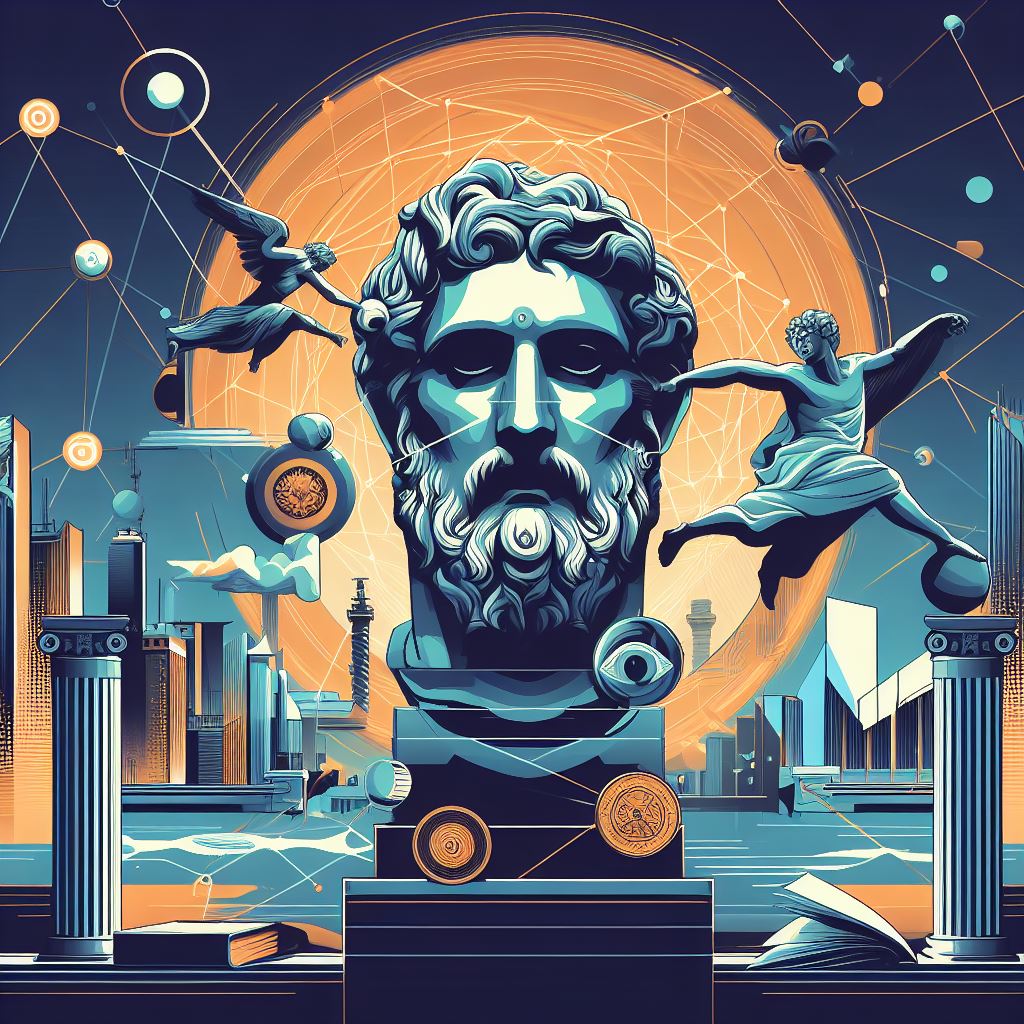
Modern Stoicism: Ancient Philosophy in Contemporary Life
Introduction
Stoicism, an ancient school of philosophy, has been making a resurgence in modern times. But why are the teachings of Stoic philosophers like Seneca, Epictetus, and Marcus Aurelius finding such resonance in today's world? This article delves deep into the roots of Stoicism, its modern proponents, and the contemporary applications that continue to influence lives around the globe.
Historical Context of Stoicism: From Ancient Agora to Modern Forums
Origin of Stoicism
Stoicism originated in Athens in the early 3rd century BC. Founded by Zeno of Citium, this philosophy was built on the foundation of logic, physics, and ethics. Its main teaching revolves around personal virtue and wisdom as the path to true happiness.
Key Philosophers and Their Teachings
- Seneca: His work, "Letters from a Stoic," offers insights into leading a virtuous life amidst the tumult of the Roman Empire.
- Epictetus: Born a slave, his teachings emphasized the difference between things we can control and those we cannot.
- Marcus Aurelius: His "Meditations" provides a window into the soul of a Roman emperor, emphasizing resilience, integrity, and personal responsibility.
Modern Proponents of Stoicism and Their Contributions
Stoicism isn’t just an ancient philosophy—it’s been reinterpreted and revived by many modern thinkers.
Ryan Holiday and Stephen Hanselman
Their book, "The Daily Stoic," offers 366 meditations on wisdom, perseverance, and the art of living. It extracts powerful lessons from ancient wisdom, making them relevant for contemporary challenges.
Modern Interpretations of Stoic Teachings
In the realm of contemporary philosophy and modern-day Stoicism, scholars are interpreting Stoic teachings in the context of modern psychology, cognitive therapy, and personal development strategies.
Practical Applications of Stoic Principles in Today's World
"How Stoicism influences modern life" is not just an academic question—it's a lived reality for many.
Mental Health
With the increasing awareness around mental health, Stoic practices in the 21st century have become tools for resilience and coping. The Stoic belief of focusing on what's in our control helps individuals manage anxiety and stress.
Decision-making
In our complex, interconnected world, Stoic teachings offer a guidepost. By emphasizing rationality and virtue, they provide a compass for ethical decisions.
Personal Growth
Stoicism provides tools for introspection, helping individuals align their actions with their values, fostering authentic personal growth.
Challenges and Criticisms of Modern Stoicism
Despite its growing popularity, contemporary Stoic applications are not without detractors.
- Over-simplification: Some argue that the modern interpretations dilute the depth and complexity of ancient Stoic teachings.
- Cultural Misalignment: Critics point out that Stoic beliefs might not align perfectly with all cultural values or societal norms in the 21st century.
Stoicism in Action: Case Studies
Case Study 1: Corporate Leadership
John, a CEO of a tech startup, used Stoic principles to navigate the turbulent waters of the industry. By focusing on what was within his control and accepting external factors, he fostered resilience and adaptability within his team.
Case Study 2: Personal Resilience
After reading Marcus Aurelius, Sarah, recovering from a personal tragedy, embraced Stoic practices to rebuild her life, focusing on inner strength and the present moment.
Conclusion: The Timeless Appeal of Stoicism
The impact of ancient Stoicism on contemporary thought is undeniable. As we grapple with unprecedented challenges, the application of Stoic principles in today's world provides a bridge between ancient wisdom and modern life, guiding us toward resilience, peace, and virtue.
Education Culture




